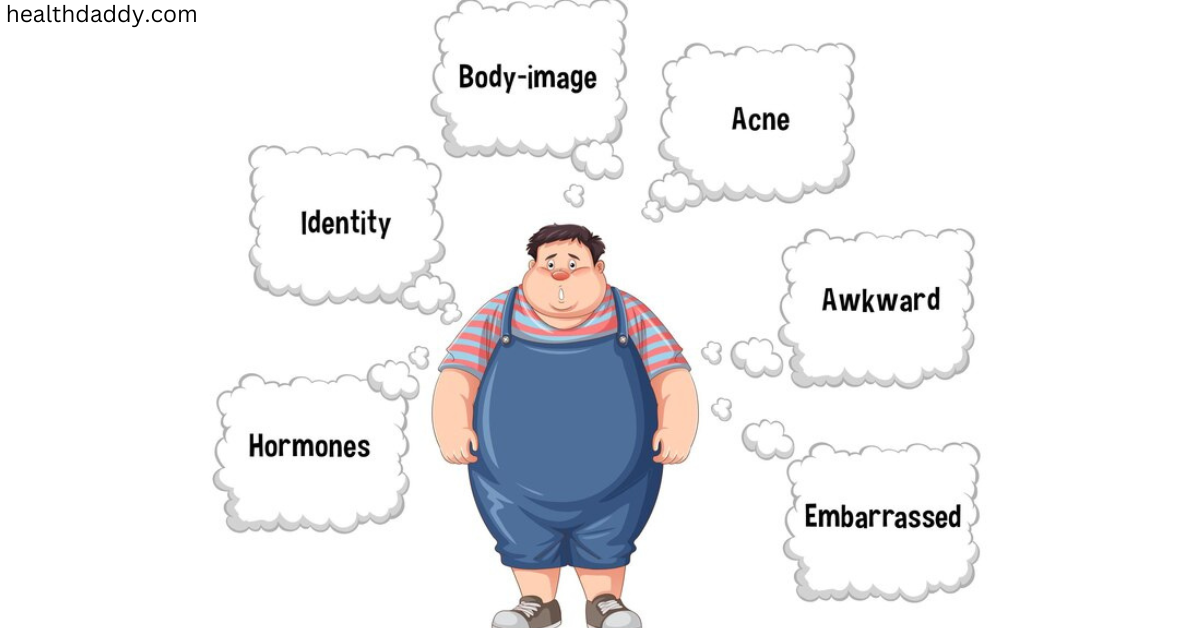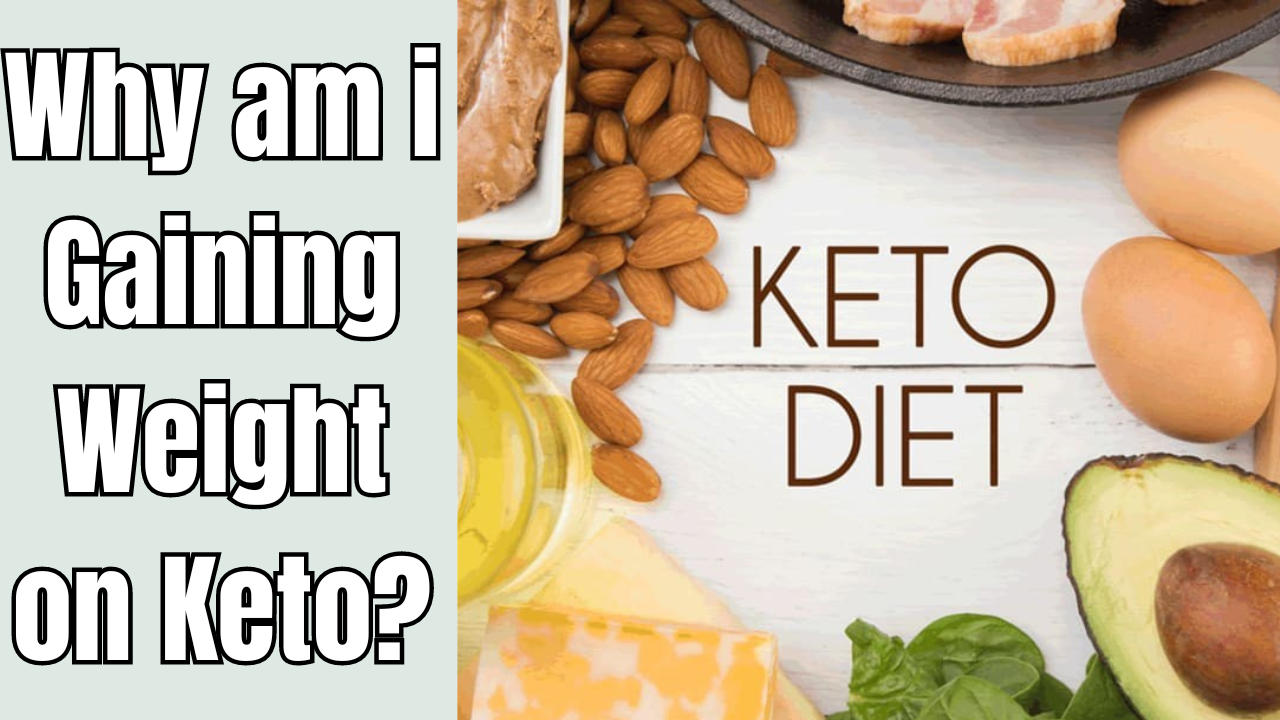For decades, saturated fat has been vilified as a dietary demon that contributes to heart disease. However, recent scientific research has unveiled a different narrative, revealing that the supposed link between saturated fat and heart disease is a myth. In this article, we’ll explore the top 11 reasons why saturated fat shouldn’t be feared.
Saturated fat is a type of dietary fat that is typically solid at room temperature. It is called “saturated” because its chemical structure is saturated with hydrogen atoms; in other words, it contains no double bonds between carbon atoms. This molecular structure gives saturated fats their characteristic solidity.
Saturated fats are commonly found in animal products such as red meat, poultry, butter, and full-fat dairy products like cheese and whole milk. They are also present in some plant-based oils, including coconut oil and palm oil.
Table of Contents
ToggleAlso Read:- Paleo Diet Meal Plan For Weight Loss: What to Eat on Paleo Diet?
11 Myths You Should Understand
In a world where information flows rapidly and abundantly, it’s essential to be discerning and separate fact from fiction. This collection of myths aims to shed light on common misconceptions, offering a deeper understanding of these misconstrued beliefs. From health and science to culture and everyday life, debunking these myths can help us make more informed decisions and foster a more accurate perception of the world around us. Let’s explore and unravel these 11 myths to gain a clearer perspective on the reality that lies beneath the surface.
1. Heart Disease Is NOT Caused By Saturated Fat
Contrary to conventional wisdom, saturated fat can actually reduce the risk of heart disease. Studies show that it can elevate HDL (good) cholesterol levels while converting LDL (bad) cholesterol from small, dense particles into larger, harmless ones. Ongoing research continues to unveil the positive associations between saturated fats and heart health. For instance, a comprehensive review of 21 studies involving 347,747 participants published in 2010 concluded that there’s no link between saturated fat and heart disease.
2. Saturated Fat May Be Protective Against Stroke
Saturated fat not only fails to increase the risk of heart disease but may also decrease the risk of stroke. Stroke, caused by bleeding or a blood clot in the brain, shows no association with saturated fat consumption.
3. Saturated Fat Regulates Your HDL Levels
High-density lipoprotein (HDL) is often referred to as “good” cholesterol, and it’s well-known that saturated fat can boost HDL levels. Since HDL levels are inversely correlated with cardiovascular disease, the fact that saturated fat has a positive impact on HDL is an aspect that nutrition policymakers tend to overlook.
4. Foods with Saturated Fat are Incredibly Nutritious
Natural sources of saturated fats, such as meat, organs, and whole eggs, are not only nutritious but also free of sugar. Contrary to concerns about cholesterol, these foods do not contribute to heart disease.
5. Saturated Fat Foods Contain a lot of Fat-Soluble Vitamins
Foods rich in saturated fat are abundant in fat-soluble vitamins like A, E, D3, and K2. Full-fat dairy, often criticized for its saturated fat content, may actually be protective against heart disease, primarily due to its high Vitamin K2 content.
6. High Fat (And Low Carb) Diets Can Aid in Weight Loss
Low-carb diets, which are often high in saturated fat, offer various health benefits, including significant weight loss compared to their low-fat counterparts. This makes them an appealing option for those aiming to shed pounds.
7. Saturated Fats Don’t Damage Easily During High Heat
Saturated fats are stable because they lack the double bonds found in unsaturated fats. This stability makes them a safer option for cooking, as they are less likely to become oxidized or damaged when exposed to high heat and oxygen.
8. Saturated Fats Are Clean Fuel
Saturated fat serves as a readily metabolizable and clean source of energy for the body. The body stores saturated and monounsaturated fats as a healthy energy reserve, indicating that evolution wouldn’t favor energy storage forms that harm us.
9. The Look in People’s Face
It’s undeniably amusing to witness the reactions of traditional nutritionists and vegans as you generously add melted butter to your steak. The stereotypes about heart attacks are often met with laughter, as the association between saturated fat and heart disease crumbles.
10. Saturated Fat is Delicious
Ultimately, the most compelling reason to embrace saturated fat is its deliciousness. Foods like bacon, steak, whole eggs, cheese, cream, and butter are irresistible in their flavors and textures, making them a source of culinary pleasure.
11. Saturated Fat and Hormone Regulation
Saturated fat plays a significant role in regulating hormone production and maintaining hormonal balance in the body. In this section, we’ll explore how the consumption of saturated fat can positively impact hormonal health, debunking another myth surrounding its supposed negative effects.
Also Read:- Dining Out on the Autoimmune Protocol Diet: Tips for Restaurants
Conclusion
The saturated fat myth has endured a long history of misconceptions and unfounded fears. The science is increasingly on its side, demonstrating the many potential health benefits associated with saturated fat consumption. So, the next time you savor a succulent steak or indulge in creamy butter, you can do so with confidence, knowing that saturated fat is not the dietary villain it was once thought to be. Share your favorite myths about saturated fats and how you enjoy debunking them in the comments below!
Neha Pant







